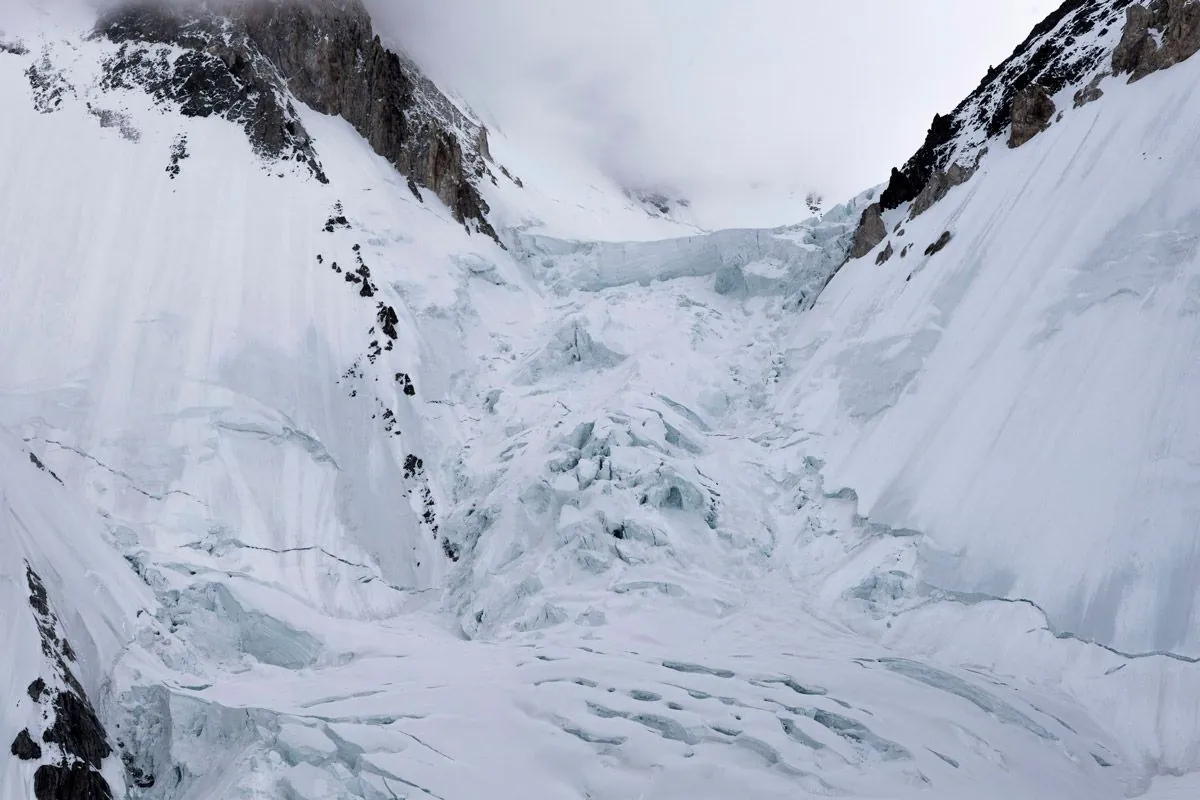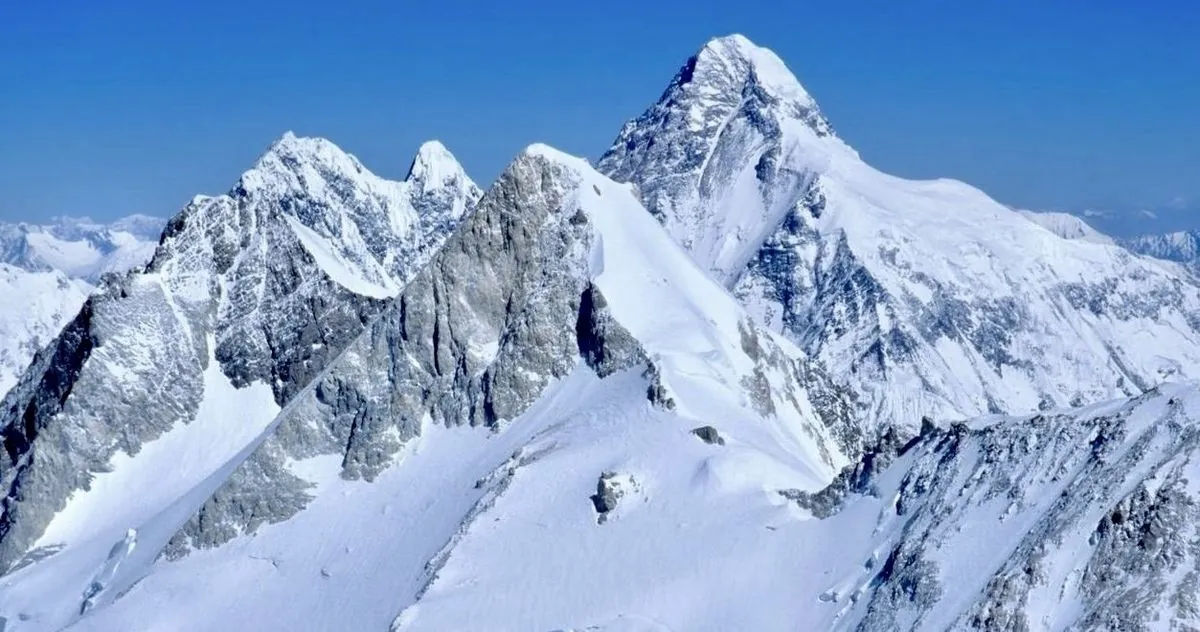Russian Climbers Rescued from Gasherbrum Peak in Pakistan After Six Days
Two Russian climbers were rescued after six days on Gasherbrum peak in Pakistan, while one remains missing. The team faced challenges during their mission to retrieve a fellow climber's body from last year.

In a challenging rescue operation, two Russian climbers were successfully evacuated from Gasherbrum peak in northeastern Pakistan after being stranded for six days. The operation, which concluded on August 20, 2024, highlights the inherent risks of high-altitude mountaineering in the region.
The five-member Russian team embarked on their expedition on August 15, 2024, with the noble intention of retrieving the body of a fellow climber who had perished on the mountain the previous year. Gasherbrum, part of the Karakoram range, is known for its remote and treacherous terrain. The Karakoram is home to five of the world's 14 eight-thousanders, peaks exceeding 8,000 meters in altitude.
On August 16, tragedy struck when the team was hit by a massive ice formation during their ascent. This incident left two climbers injured and unable to move, while another fell into a crevasse and is now presumed dead. Crevasses, deep cracks in glaciers, are among the most perilous hazards mountaineers face.
The rescue operation faced numerous challenges, including adverse weather conditions and the remote location of the stranded climbers. On August 19, two team members were successfully airlifted to safety. The following day, an army helicopter, supported by local volunteers, managed to reach and evacuate the two injured climbers.

Karrar Haidri, secretary of the Alpine Club of Pakistan, provided updates on the situation. He stated that the rescued climbers were transported to the base camp and were in stable condition. However, plans to airlift them to Skardu, a major expedition hub in Gilgit-Baltistan, were thwarted by inclement weather.
The Alpine Club of Pakistan, founded in 1974, serves as the national mountaineering and climbing federation. While acknowledging the climbers' noble intentions, Haidri issued a cautionary statement:
"Climbers are fully aware of the dangers linked to such missions, but they still opt for dangerous and unexplored routes. This is how climbers make records but also come across challenges."
It's worth noting that the Russian team undertook this expedition without the assistance of guides or sherpas, ethnic Himalayan people renowned for their high-altitude mountaineering skills. They also chose an unconventional route on Gasherbrum, adding to the risks.
This incident serves as a stark reminder of the dangers associated with high-altitude climbing in Pakistan's northern regions. The country boasts five of the world's 14 highest peaks, including K2, the second-highest mountain on Earth. These mountains attract hundreds of climbers annually, but accidents are not uncommon due to avalanches and rapid weather changes.
Earlier in August 2024, Pakistan mourned the loss of Murad Sadpara, a 35-year-old climber known for his participation in high-altitude rescue missions. Sadpara tragically lost his life during a descent from one of the country's tallest mountains in the north.
As the mountaineering community reflects on these events, it's crucial to remember that about 25% of mountaineering fatalities worldwide are caused by avalanches. The Karakoram region, in particular, is notorious for its severe weather conditions, including sudden storms and extreme temperature fluctuations.
While the rescue of the Russian climbers is a testament to the bravery and skill of Pakistan's rescue teams, it also underscores the need for climbers to exercise extreme caution and proper planning when attempting such challenging ascents.


































